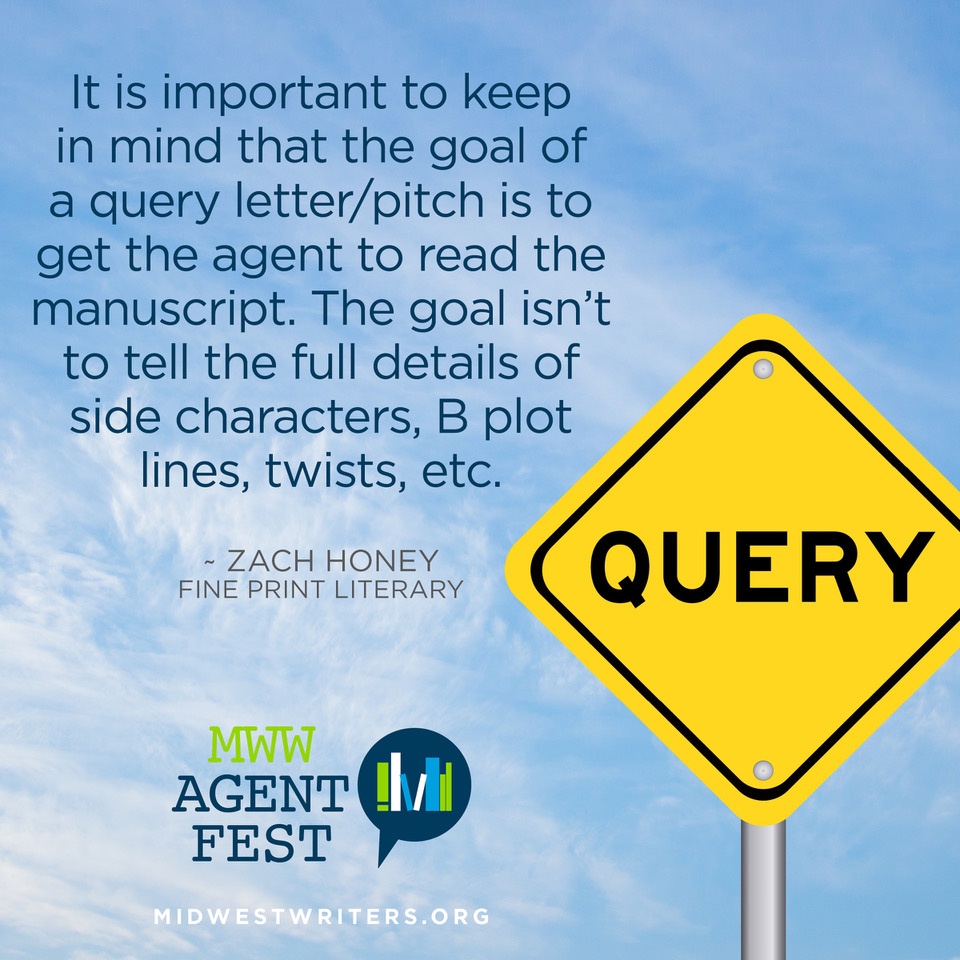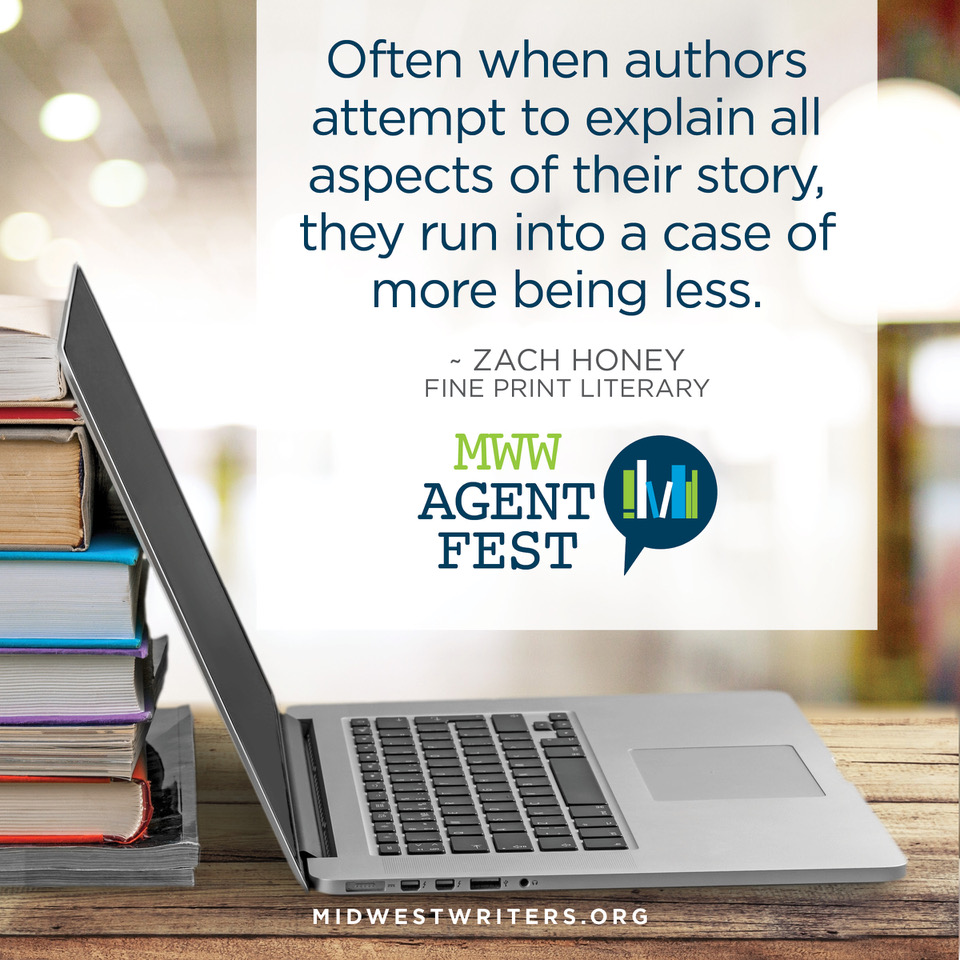Meet Zach Honey
Zach is North Carolina-born and Montana-raised with an equal love for sweet tea and waist-deep snow. He studied film production and philosophy at Montana State University and received a master’s degree from the University of Nottingham in England.
Zach joined Fine Print Literary in 2020 and became an Associate Agent in 2022. He entered the writing world from the side of an author, publishing several short stories and maintaining a close connection with the craft as a member of writing groups in Boston and New York. After attending the NYC Pitch Conference and being introduced to the agenting side of the industry, he connected with Peter Rubie at Fine Print Literary, who brought him on as an assistant.
Zach will be teaching “Writing the Nonfiction Proposal,” and participating in Wednesday evening’s “First Page Read – Love It or Leave It, “Okay, Stop.” Look for him on our Query Letter Critique team!
Wishlist:
Zach is primarily seeking thrillers and adult fiction, especially those set in rural places, mountainous regions, or other hard-to-reach corners of the world. His other interests include hiking, skiing, music, board games, golf, and other outdoor activities, and he is open to non-fiction pitches in these categories. He is not looking to represent fantasy or sci-fi at this time. He would like to support underrepresented authors, especially those in the American indigenous community.
Above all, he enjoys strong writing with fascinating settings, memorable characters, and stories that are impossible to put down.
Q&A with Zach
MWW: What elements (or missing elements) of a proposal make you likely to reject it out of hand? What’s going to draw you in?

ZH: The main element for a quick rejection is pitching me a genre I don’t represent. Genres are not just an agent’s preferred subject but also indicate their expertise. For example, I enjoy thrillers and read them more than any other genre, they are what I want to represent as an agent. As much as I enjoy a good fantasy movie, I don’t read fantasy novels often. Therefore, I have no idea what’s been published in fantasy in the last three years and am not a good partner for writers of that genre.
MWW: Authors do a lot of hand-wringing about platform. What are you looking for in terms of platform, and how is it different for fiction than nonfiction?
ZH: Platform is primarily important for non-fiction. Agents and editors are very unlikely to be experts in the subject you are working with. But tell us that your blog or newsletter on the airspeed of an unladen swallow has 100K followers, and we understand there is an interested following for this subject. For fiction, the book is key, and understanding the genre and publishing trends are more important than your platform. That said, a platform of faithful followers never hurts.
 MWW: What are the qualities of a successful pitch?
MWW: What are the qualities of a successful pitch?
ZH: It is important to keep in mind that the goal of a query letter/pitch is to get the agent to read the manuscript. The goal isn’t to tell the full details of side characters, B plot lines, twists, etc, only to get the agent to read the manuscript. Typically, the best way to do this is to write a concise query that covers the main plot from the protagonist’s POV and presents the stand-out features of your story. Sticking to this information will make a reader want to dive into the book. Often when authors attempt to explain all aspects of their story, they run into a case of more being less.
MWW: What’s the best book you’ve read this year?
ZH: S.A. Cosby’s All The Sinners Bleed
|
|



